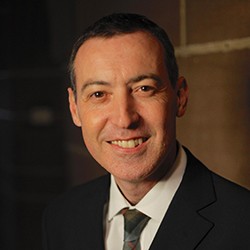
Tom Jamison
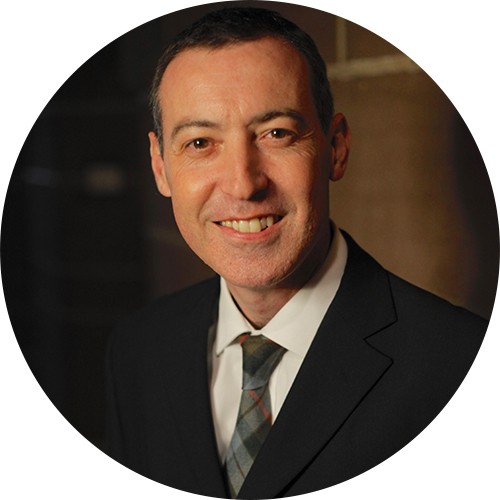
Tom Jamison
Editor of Able Magazine
Tom was diagnosed with cystic fibrosis just before joining the commercial team at Able Magazine. A few self-authored articles later, he was taken on as a staff writer, rising in 2011 to become the editor.
Thanks to his professional reputation, and being a visible disability ambassador at events, the magazine’s team is often one of the first calls for media outlets looking for input or advice concerning disability issues. Tom has become a regular media commentator, doing interviews for BBC radio programmes such as You and Yours, local radio and television broadcasts, and independent and hospital radio programmes. He has contributed to the Scottish Sunday Express, the Metro website and Travel Weekly, and was the focus of a fundraising video for the Journalists’ Charity.
Able Magazine is also the only disability lifestyle publication in the UK with a dedicated education and employment section, essential reading for disabled people looking for learning and career opportunities.
Having trained as a schoolteacher, Tom has a passion for education, which is evident in the way he supports and coaches young contributors to the magazine. He believes firmly in inclusion and advocates for the disabled community to be recognised as a valuable market sector. His work with the German National Tourist Board in helping the organisation connect with the disabled travel market, lead to Able Magazine’s Goethe Media Award triumph in 2013.
Tom is widely known and trusted in disability circles, with friends involved in every aspect of the disability community. This means he’s in demand by the organisers of events like the National Diversity Awards, Creative Diversity Network Awards, Naidex Awards, Remap Awards and organisations such as Special Olympics GB.
He says: “It’s my privilege to continue to promote and celebrate the incredible achievements of disabled people; in fact: it’s my pleasure and my duty!”




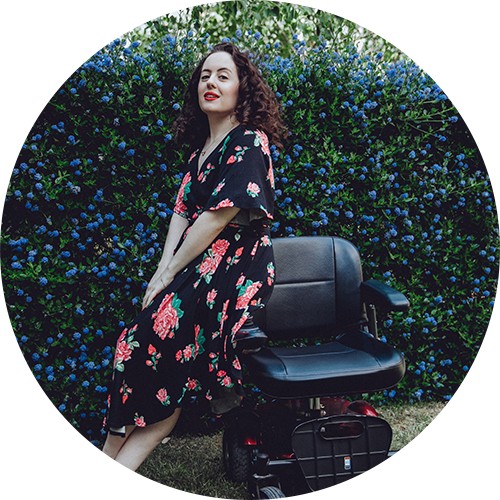
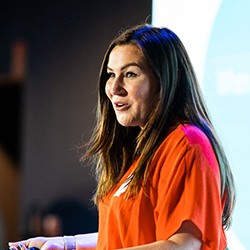
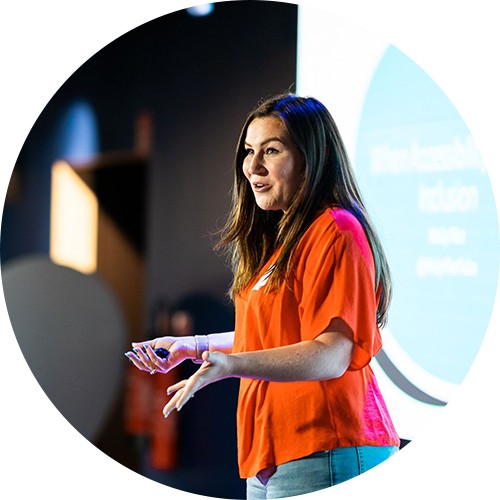
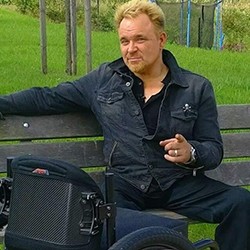
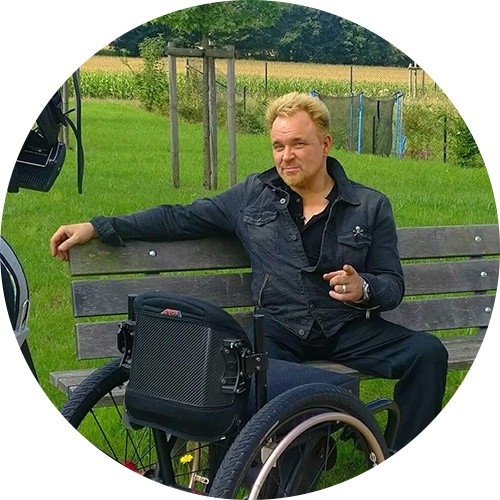
Recent Comments